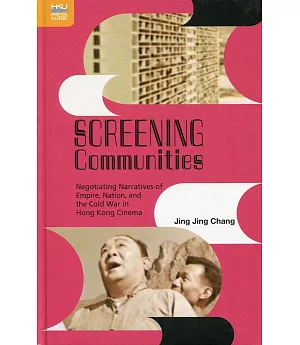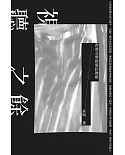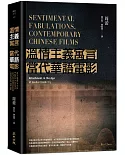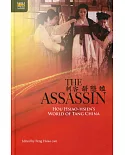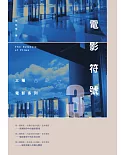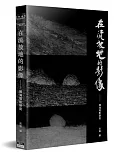Postwar Hong Kong cinema played an active role in building the colony’s community in the 1950s and 1960s. To Jing Jing Chang, the screening of movies in postwar Hong Kong was a process of
showing the filmmakers’ visions for Hong Kong society and simultaneously an attempt to conceal their anxieties and mask their political agenda. It was a time when the city was a site of intense
ideological struggles among the colonial government, Chinese Nationalists, and Communist sympathizers. The medium of film was recognized as a powerful tool for public persuasion and various
camps competed to win over the hearts and minds of the audience. Screening Communities thus situates the history of postwar Hong Kong cinema at the intersection of Cold War politics, Chinese
culture, and local society.
Focusing on the genres of official documentary film, leftist family melodrama (lunlipian), and youth film, this study examines the triangulated relationship of colonial interventions in Hong
Kong film culture, the rise of left-leaning Cantonese directors as new cultural elites, and the positioning of audiences as contributors to the colony’s journey toward industrial modernity.
Filmmakers are shown having to constantly negotiate changing sociopolitical conditions: the Hong Kong government presenting itself as a collaborative ruling body, moral and didactic messages
being adapted for commercial releases, and women becoming recognized as a driving force behind Hong Kong’s postwar industrial success. In putting forward a historical narrative that privileges
the poetics and politics of shaping a local community through a continuous screening process, Screening Communities offers a new interpretation of the development of Hong Kong cinema—one that
breaks away from the usual accounts of the “rise and fall” of the industry.

